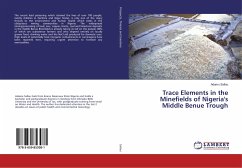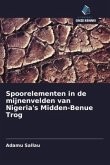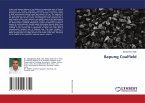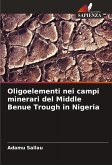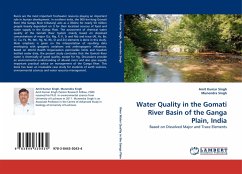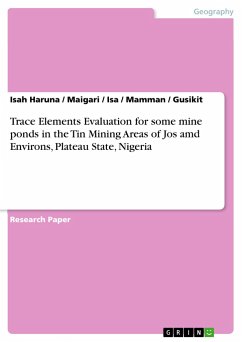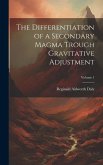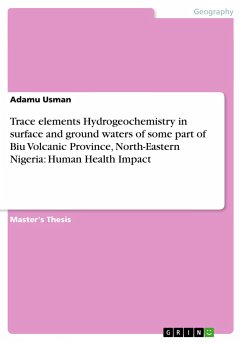The recent lead poisoning which claimed the lives of over 700 people, mostly children in Zamfara and Niger States, is only one of the many threats to the environment and human health which exists in the ubiquitous mining communities in Nigeria. The widespread mining/processing of lead, zinc, copper, barite, coal and limestone deposits in the middle Benue Brinefields is already taking its toll on the people, 80% of which are subsistence farmers and who depend entirely on locally grown food, drinking water and the NaCl salt produced for domestic uses. High levels of potentially toxic inorganic contaminants or carcinogens have been reported here, requiring urgent attention to forestall any eventualities.
Bitte wählen Sie Ihr Anliegen aus.
Rechnungen
Retourenschein anfordern
Bestellstatus
Storno

